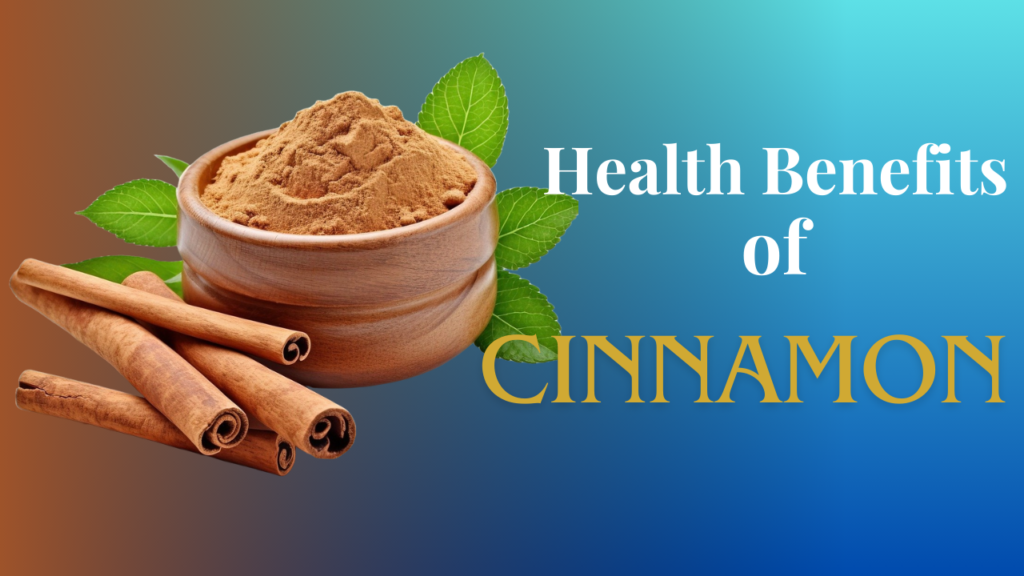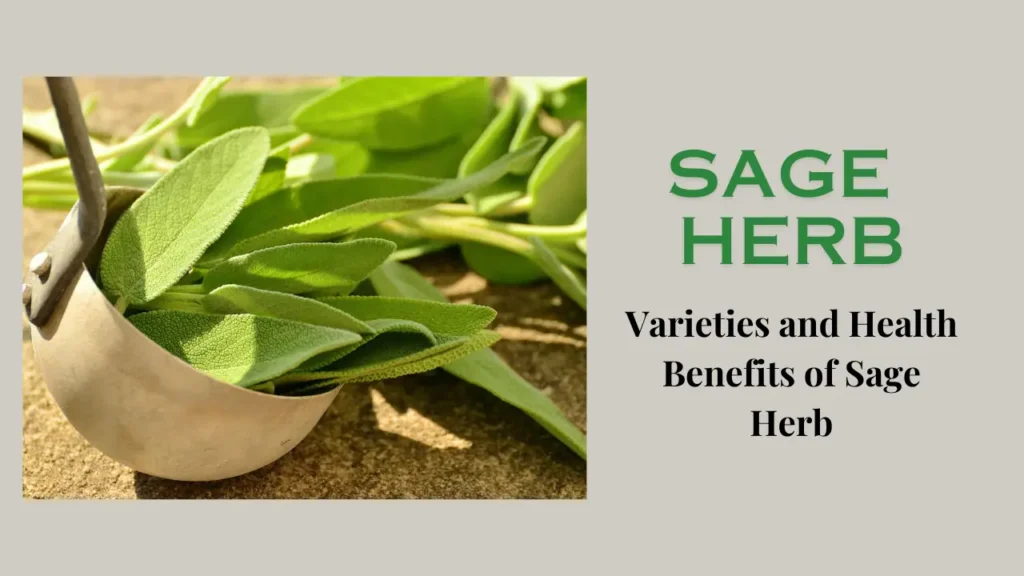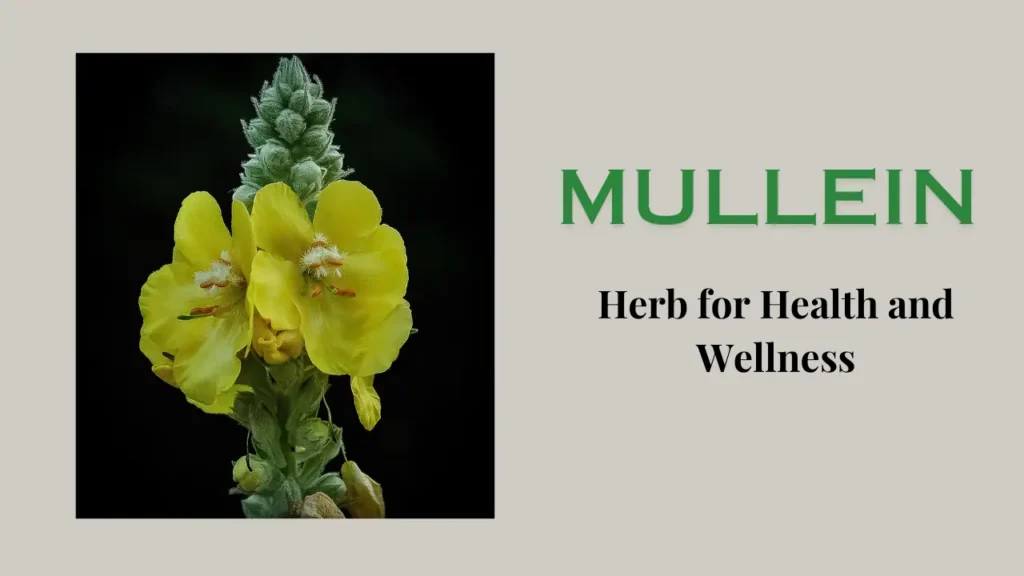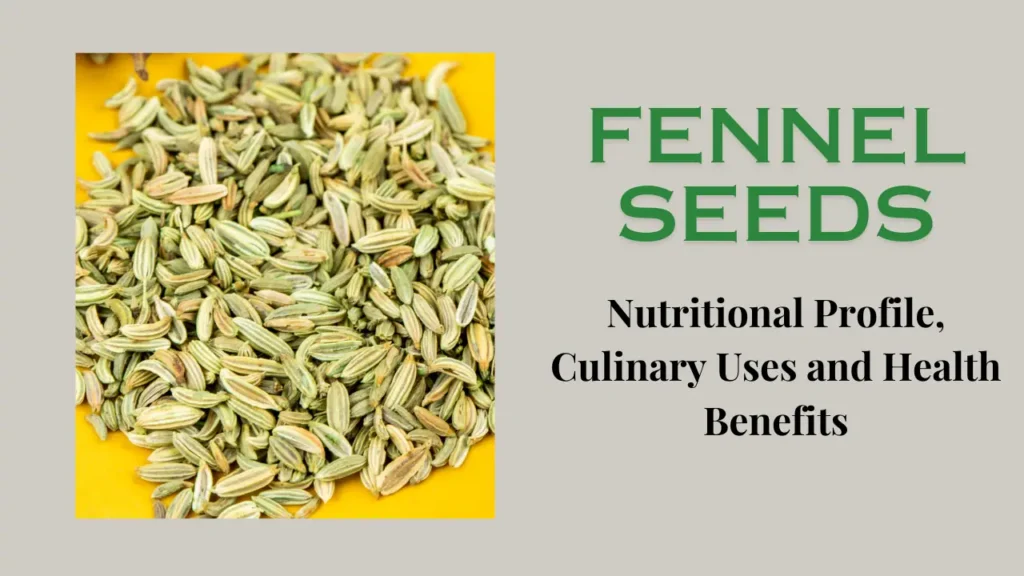Holy basil, called Tulsi in Hindi, has been used for centuries in various treatments in Ayurveda. It has a strong flavor and aroma. It is used in various forms in Indian homes, such as tea-making. Apart from this, its decoction is also made and consumed during cold. Knowing about holy basil in detail makes it easier to take advantage of its benefits. Let us know about it in a little more detail:

Quick Facts of Holy basil
| Scientific name | Ocimum tenuiflorum |
| Synonyms | Ocimum sanctum |
| Family | Lamiaceae (Mint family) |
| Common name | Tulsi (in Hindi), Holy basil |
| Habit | Perennial herb, green and light purple leaves |
| Size | up to 75 cm tall |
| Plant part use | Leaves, seeds, or sometimes full plant |
| Habitat | Native to Indian subcontinent and southeast Asia |
| Grows at | Worm tropical climates |
| Cultivation | Widely cultivated in tropical and subtropical regions |
| Soil | Well drained soil |
Properties of Tulsi
Health Benefits of Holy basil
Conclusion
Holy Basil has been used in traditional medicine for centuries. Due to these properties, it has gained popularity all over the world. It is also used in many culinary recipes.
Remember, before starting any new wellness regimen, it’s always best to consult with a healthcare professional to ensure it is suitable for your specific needs and circumstances.
Holy basil has been considered an herb for centuries.
No, holy basil (also called tulsi) and sweet basil are different plants from the same genus (Ocimum). They have different flavors and different uses. Holy basil is a medicinal plant while sweet basil is commonly used in cooking. It has a sweet, anise-like flavor.
Generally, yes, it is considered safe to take fresh holy basil leaves daily. If you are taking it as a supplement, consult a doctor before taking it.








